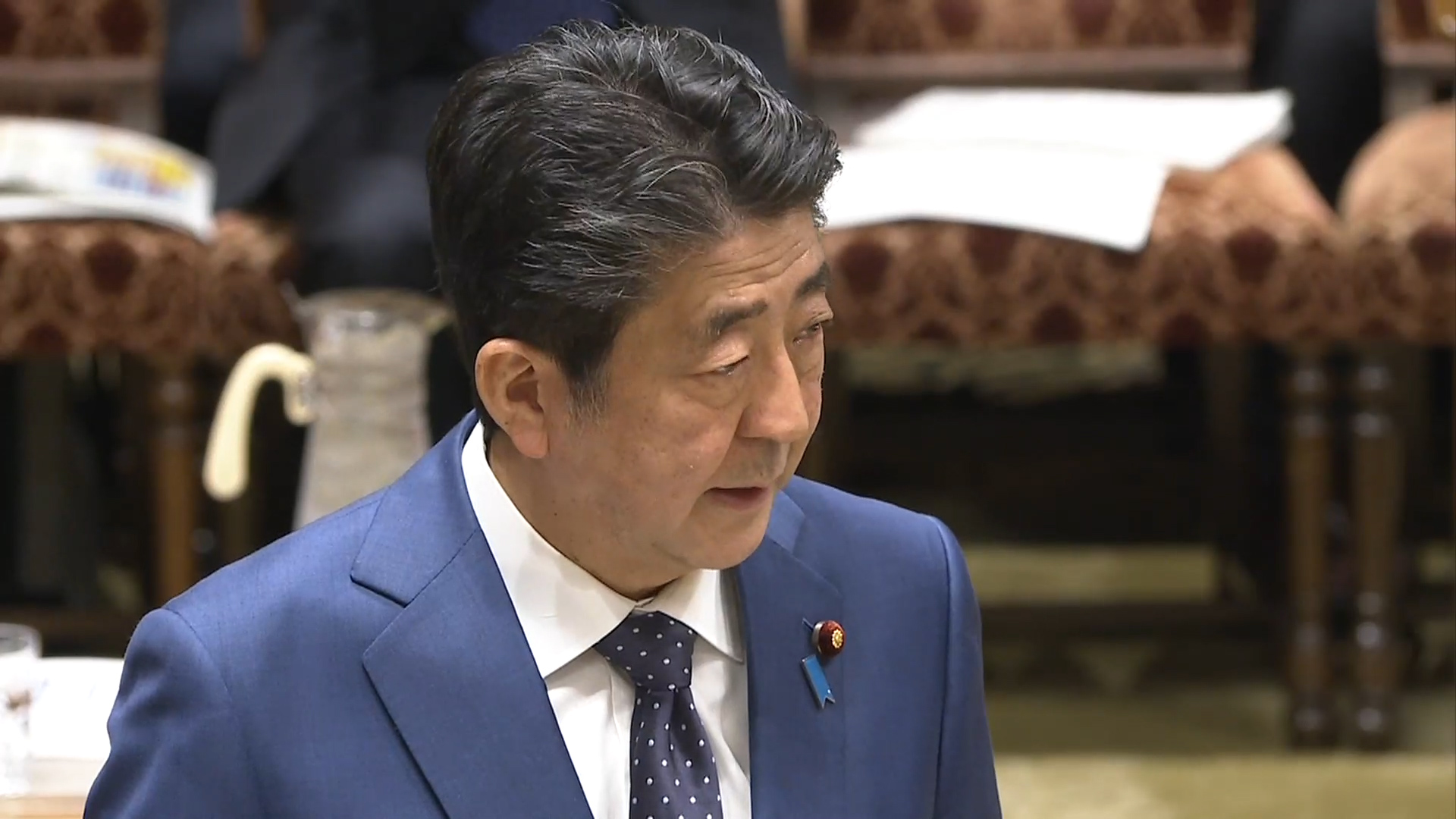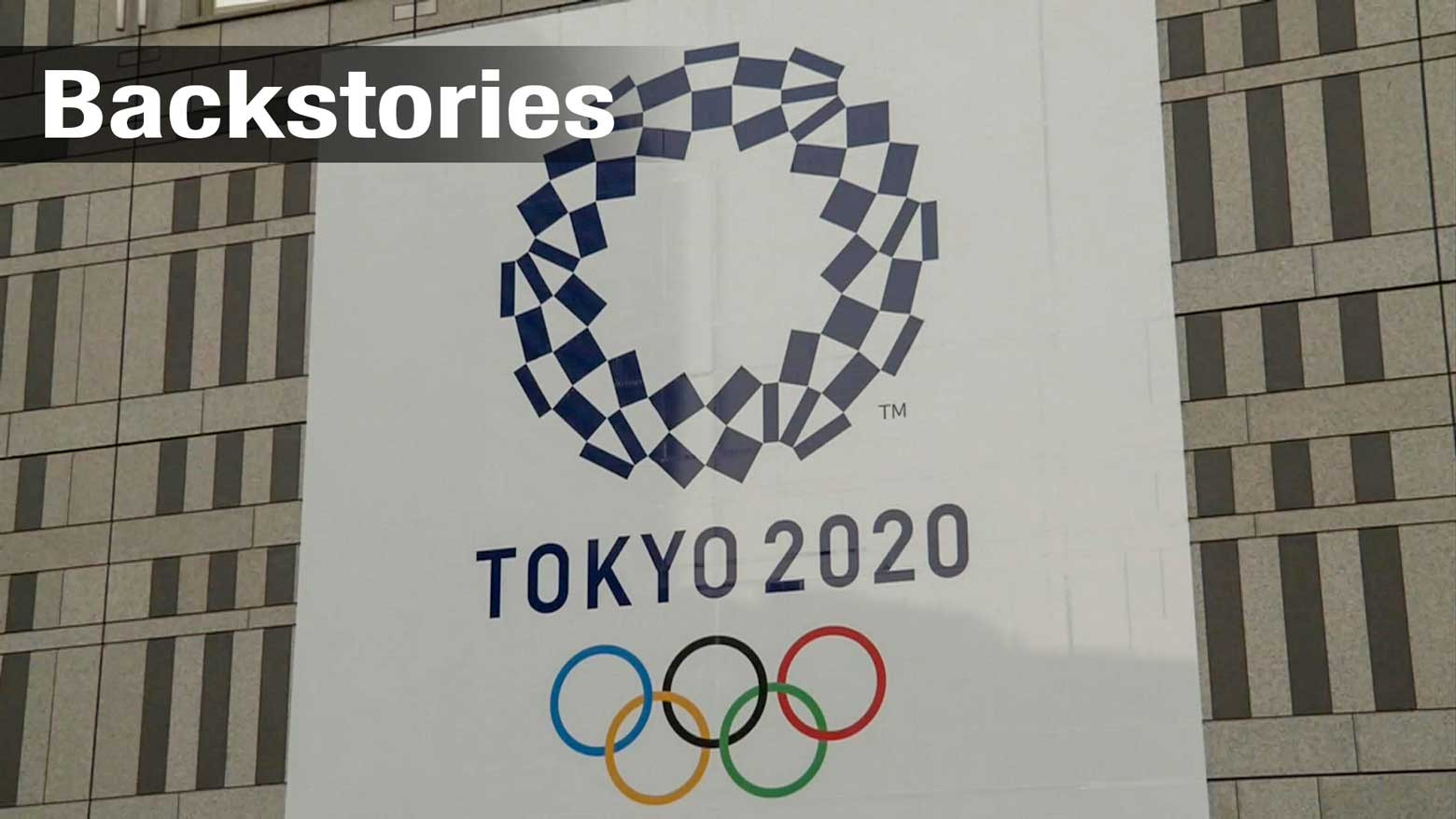Just ten days ago Abe had insisted that the Games would go ahead as planned, on schedule. But his stance seemed to have shifted when he spoke to a Diet committee on Monday.
Organizers have been under pressure to alter their plans, with everyone from athletes to the US president calling for a postponement. Then on Sunday the Olympic Committees of Canada and Australia both announced that they won't be sending athletes to Tokyo this summer.
Abe told lawmakers on Monday that canceling the Games wasn't an option, but postponing may be in the best interest of the athletes. He said he believes that the International Olympic Committee, which has final say on how to proceed, shares his view.

Tokyo Governor Yuriko Koike spoke to reporters later on Monday and focused on Abe's insistence that the Games would not be canceled. "As the head of the host city, I have always said that there will be no cancellation. I am glad that Prime Minister Abe shares that view," she said.
Japan's Olympic and Paralympic minister Seiko Hashimoto told reporters on Monday morning that she was concerned about all the athletes around the world who were confused about the plans.
"I hope the IOC will make an appropriate decision at an early stage," she said.
IOC to examine postponing the Games
The IOC held an emergency board meeting via telephone on Sunday, and released a statement saying it will consult with the organizing committee, the Tokyo Metropolitan government and the Japanese government, and come to a decision within four weeks.
The IOC said canceling the Games would not solve any problem or help anybody, and therefore is not on their agenda.
It also noted that people in Japan are warmly welcoming the Olympic flame, which could strengthen their confidence that Japan could organize the Games while safeguarding the health of everyone involved.
Qualifiers suspended or cancelled
As the coronavirus spreads worldwide, many Olympic qualifying events have been suspended or cancelled. More than 40 percent of the places at the Games have yet to be filled. And the athletes who have earned a spot are struggling to train. Gyms and pools are closed, and some athletes are self-quarantining.
A headache for everyone involved
If the Games are postponed, it will be the first time in Olympic history. And it won't be straightforward.
There are huge financial stakes at play. Hotels have been booked, venues have been built. Sponsors, broadcasters, and more than 30 sports federations all have an interest in seeing the Games to ahead.
For the athletes who have qualified, there is the question of whether their ticket to the games would still be valid a year later, or whether they'll have to fight for their place again.
And finding space on the sporting calendar for a 6-week event will be tricky. The world championships for athletics and swimming are scheduled for next summer.
There are many stakeholders the IOC will need to coordinate with. It won't be easy to achieve in the four-week timeline the committee has given itself, but as Olympic teams begin to pull out and the host country's leaders begin to talk of postponement, the pressure is mounting and the options narrowing.


